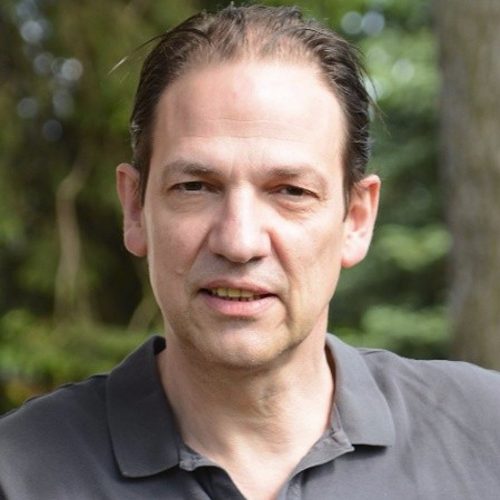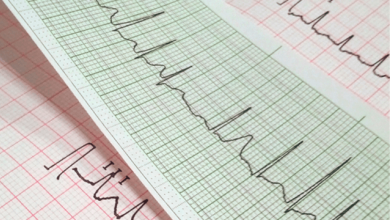Search results
Author(s):
Pier D Lambiase
,
Joseph De Bono
,
Martin Lowe
,
et al
Added:
3 years ago
Heart rhythm consultants, primary care physicians, specialist registrars, nurses and physiologists may be requested to review ECGs or advise on cases where antipsychotic-induced QT prolongation is suspected or evident. The British Heart Rhythm Society has issued the Clinical Practice Guidelines on the Management of Patients Developing QT Prolongation on Antipsychotic Medication to support them…
View more
Author(s):
Manyoo A Agarwal
,
Aadhavi Sridharan
,
Rhea C Pimentel
,
et al
Added:
10 months ago
Author(s):
Serge Sicouri
,
Charles Antzelevitch
Added:
3 years ago
The link between sudden unexplained death in individuals with mental health problems who are administered antipsychotic drugs has been recognised for over a century.1 A clear relationship has emerged over the past 25 years between antipsychotic drugs, prolongation of the QT interval of the ECG, atypical polymorphic tachycardia known as torsade de pointes (TdP) and sudden cardiac death (SCD). A…
View more
Author(s):
Nabil El-Sherif
,
Gioia Turitto
,
Mohamed Boutjdir
Added:
3 years ago
Since its initial description by Jervell and Lange-Nielsen in 1957,1 congenital long QT syndrome (LQTS) has been the most investigated cardiac ion channelopathy. A prolonged QT interval on the surface ECG is a surrogate measure of prolonged ventricular action potential duration (APD).
Congenital as well as acquired alterations in certain cardiac ion channels can affect their currents in such a…
View more
John Paisey
Research Area(s) / Expertise:
Job title: Consultant Cardiac Electrophysiologist
Author
Wilhelm Haverkamp
Job title: Professor of Internal Medicine/Cardiology
Author
Author(s):
Neil T Srinivasan
,
Richard Schilling
Added:
3 years ago
An estimated 180,000–300,000 sudden cardiac deaths (SCD) occur in the US annually.1,2 Worldwide, sudden and unexpected cardiac death is the most common cause of death,2 accounting for 17 million deaths every year with SCD accounting for 25% of these. The accepted definition of SCD is death that occurs within one hour of onset of symptoms in witnessed cases, and within 24 hours of last being seen…
View more
Author(s):
Greg Mellor
,
Elijah R Behr
Added:
3 years ago
Sudden unexplained death syndrome (SUDS)1 is rare in the young but when it occurs it is devastating for family and friends, and affects whole communities. That it can affect fit, athletic individuals and may be related to competitive sports only adds to the sense of incomprehension and injustice felt by wider society. In comparison with the older population, where sudden death is more common and…
View more
Author(s):
Gonca Suna
,
Greg J Mellor
Added:
4 months ago
Author(s):
Angela Hall
,
Andrew RJ Mitchell
Added:
3 years ago
AF is the most common clinical arrhythmia, affecting at least 1–2% of the population.1,2 Its prevalence increases with age, with 5% of people aged over 65 years developing AF, climbing to 8% in those aged over 75 years.3 AF is associated with increased morbidity and mortality and has significant public health implications.4 Patients presenting with new onset AF to emergency departments can be…
View more















